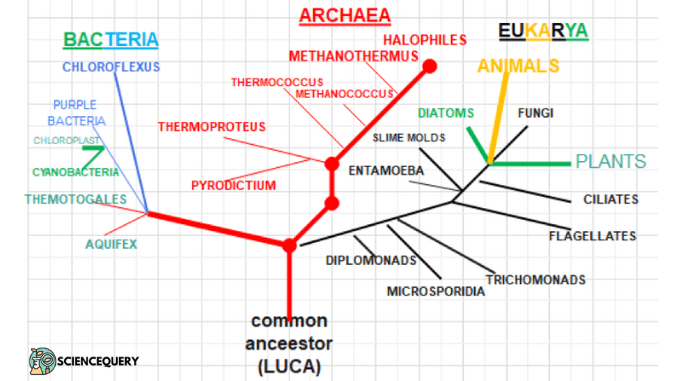
Classification of life: The three major domains
Know in one minute about the Classification of life The classification of life is mainly based on basis of their similarities and dissimilarities or according […]

Know in one minute about the Classification of life The classification of life is mainly based on basis of their similarities and dissimilarities or according […]
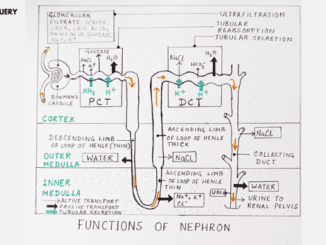
Nephron The kidneys are the primary organs of excretion removing nitrogenous wastes. It is made up of nephrons which form urine. In this topic, we […]
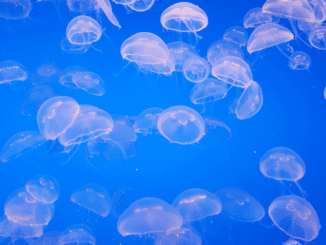
Cnidaria Cnidarians or Cnidaria are the first true metazoans (having bodies comprised of cells that are differentiated into tissues), exclusively aquatic. About 99% of Cnidarians […]
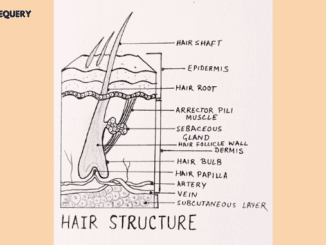
Importance of hair and it’s role Hair serves a very important function in the human body and plays a crucial role in our overall well-being. […]
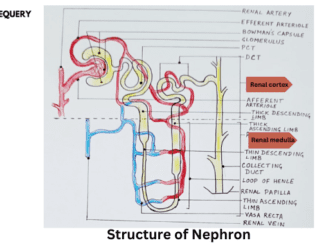
Know in one minute about Nephrons Nephrons are the structural and functional units of the kidney. These units are 1.2 million in each kidney. The […]
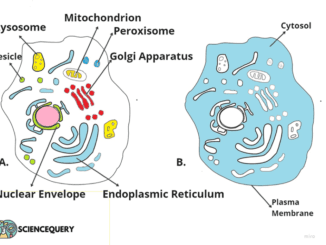
Know in one minute about Cytosol Vs Cytoplasm The cytosol and cytoplasm are two components of a cell with distinct characteristics. The cytosol, which is […]
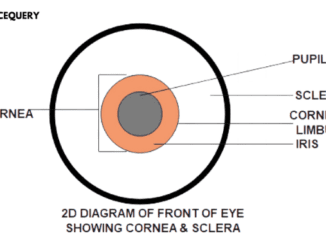
Know in one minute about Cornea vs Sclera Cornea vs Sclera The main difference is the former is for refracting the light. While the sclera […]
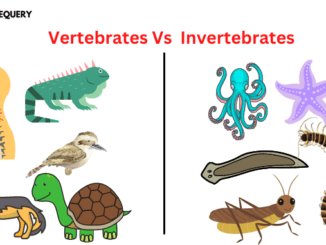
Know in one minute about Vertebrates vs. invertebrates Vertebrates vs. invertebrates are two major categories of animals based on the presence or absence of a […]
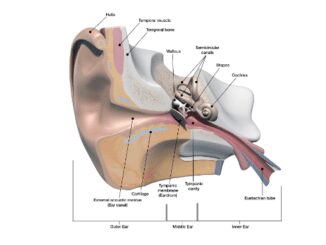
Introduction The human body is composed of a total of 206 bones, where the femur, or thigh bone, forms the largest bone, while the smallest […]
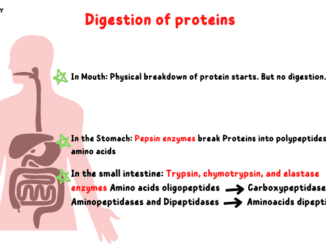
Introduction Proteins are complex compounds that form nitrogen. However, before they can be absorbed by our intestines, they must be broken down into smaller units. […]
Copyright © 2024 | WordPress Theme by MH Themes